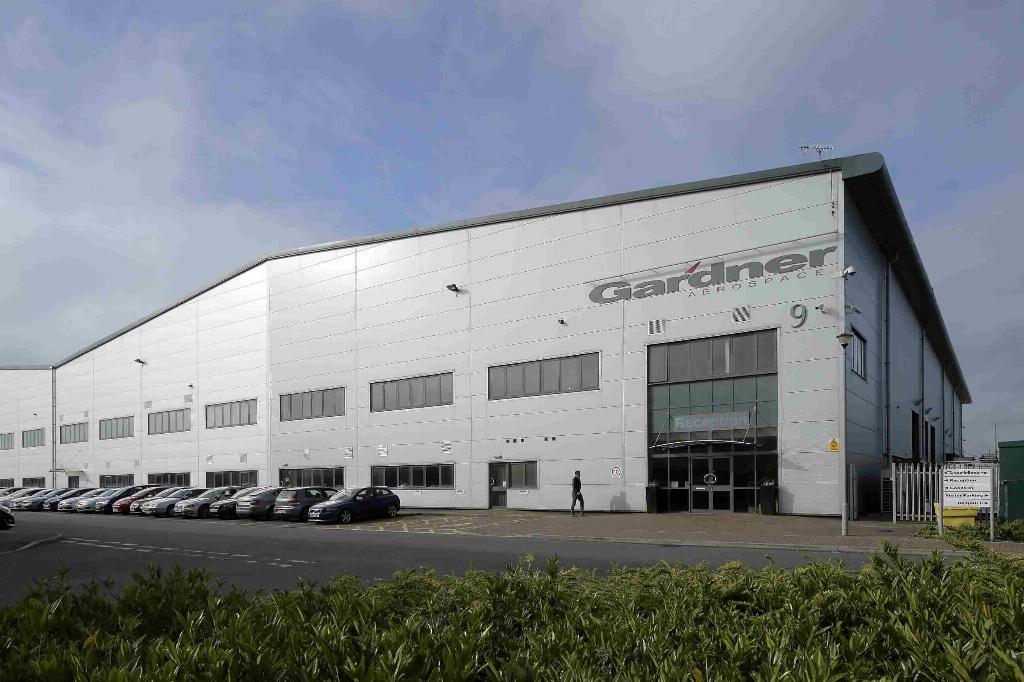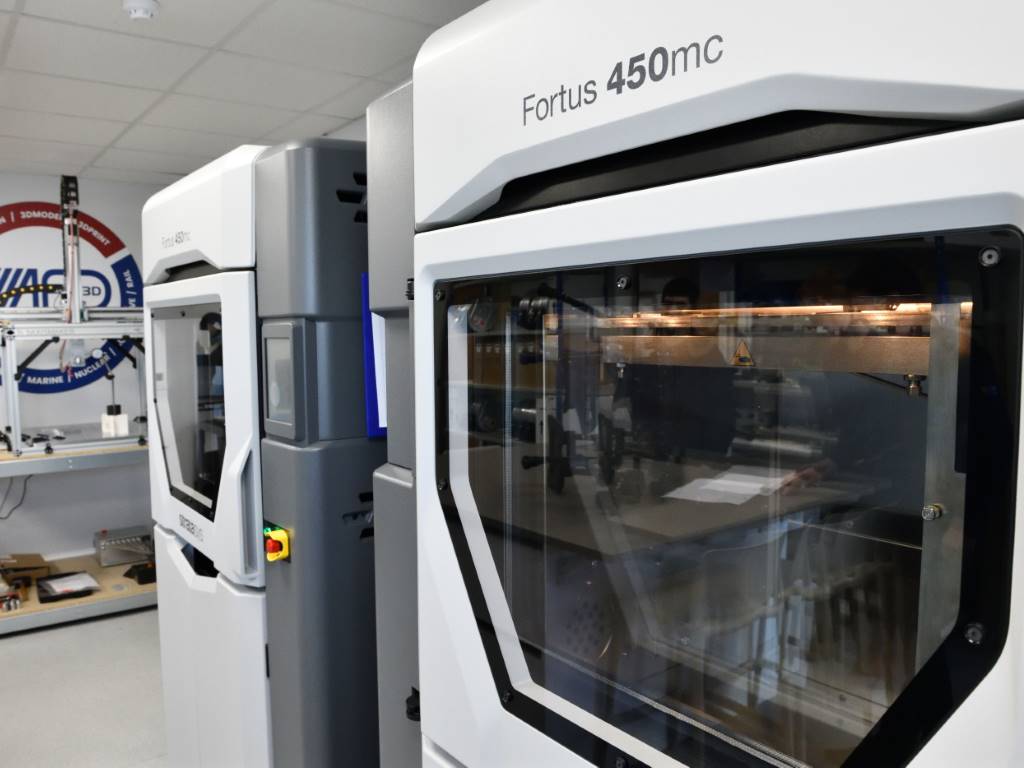Flattening the machining costs

Specialising in transforming operations and driving improvements to ensure streamlined and efficient processes, MSC reveals how it has helped Gardner Aerospace’s improve machine efficiency, productivity and deliver cost savings.
Gardner Aerospace, one of Europe’s largest manufacturers of aerospace components has been able to significantly improve productivity and machine efficiency. With cutting tool support from MSC Industrial Supply Co., the company has reduced machine hours by 81%, resulting in significant cost savings.
At Gardner’s manufacturing site in Broughton, North Wales, where structural components are made for aerospace OEMs, MSC’s applications engineer, Stuart Wiezniak, has provided cutting tool support to ensure improved efficiency and cost-effectiveness across production. Having previously worked with the manufacturer at its Hull facility, where MSC delivered crucial improvements in production efficiency, Wiezniak was tasked with working closely with the Broughton team to yield similar results.
As a result of the initial improvements, Gardner has so far realised savings of almost £40,000 on a single job through a new tooling strategy which dramatically reduced machine hours.

Building the foundations
With an annual production output of 7,920, Gardner’s Haas S20Y turning centre has been a critical piece of machinery in a daily three-shift operation. However, recognising the machine’s constraints for this particular job, which required considerable material removal rates, MSC recommended the process be moved to a Dahlih 4-axis machining centre.
Using a BT40 spindle taper and specially-developed fixture, the machine was successfully adapted to machine five parts in a single set-up, as well as utilising the fourth axis to rotate the parts 180° to machine the opposite side.
“The first challenge was to ensure machine availability to move the part from the turning centre to a machining centre,” Wiezniak explains. “From there, we had the freedom to instigate process changes such as the five-part fixture for multiple part machining. Devising a platform for rigid machining was the foundation block and once this was in place, we could look closer at tooling strategies and subsequent savings.”
Adapting a tooling strategy
From a tooling perspective, MSC replaced the existing indexable ball-nosed tool used for the semi-finish process and replaced it with a Dormer Pramet 32mm diameter high-feed end mill with five inserts and four edges per insert. Applying inserts with Dormer’s M6330 coating grade, machining parameters were transformed beyond recognition. In addition, the new rough and semi-finish end mill was optimised to run at a 0.7mm depth of cut with a cutting speed of 180m/min. Subsequently, the material removal rate leapt from 6.64cm3/min to more than 50cm3/min.
Now, with a 50mm diameter button tool used to complete the task, cycle times have plummeted from 5 minutes 49 seconds per part to just over 33 seconds. This includes 26 seconds of rough machining with the Dormer end mill and a seven-second cycle with the finishing tool, yielding Gardner Aerospace a saving of more than 5 minutes per part – a significant saving considering the annual quantities required.
Delivering on results
As a result of the changes implemented by MSC, including the alternate machine tool, different configuration and more applicable cutting tools – selected from its range of more than 120,000 product lines from hundreds of vendors – Gardner is benefiting from significant productivity gains, increased machine availability and reduced cycle times.
“Cutting tool strategies are always a balance of costs versus productivity rates,” Wiezniak concludes. “In this instance, the annual tooling cost increased by £321 per annum to £2,678, but we have slashed machine hours by 81% from 724 hours to 141 and the cost per part has reduced from £28 to £23. The total saving of £37,542 for this job not only absorbs the slight increase in tooling costs, but it also improves process reliability, frees-up machine capacity and man-hours and it improves component quality.”












